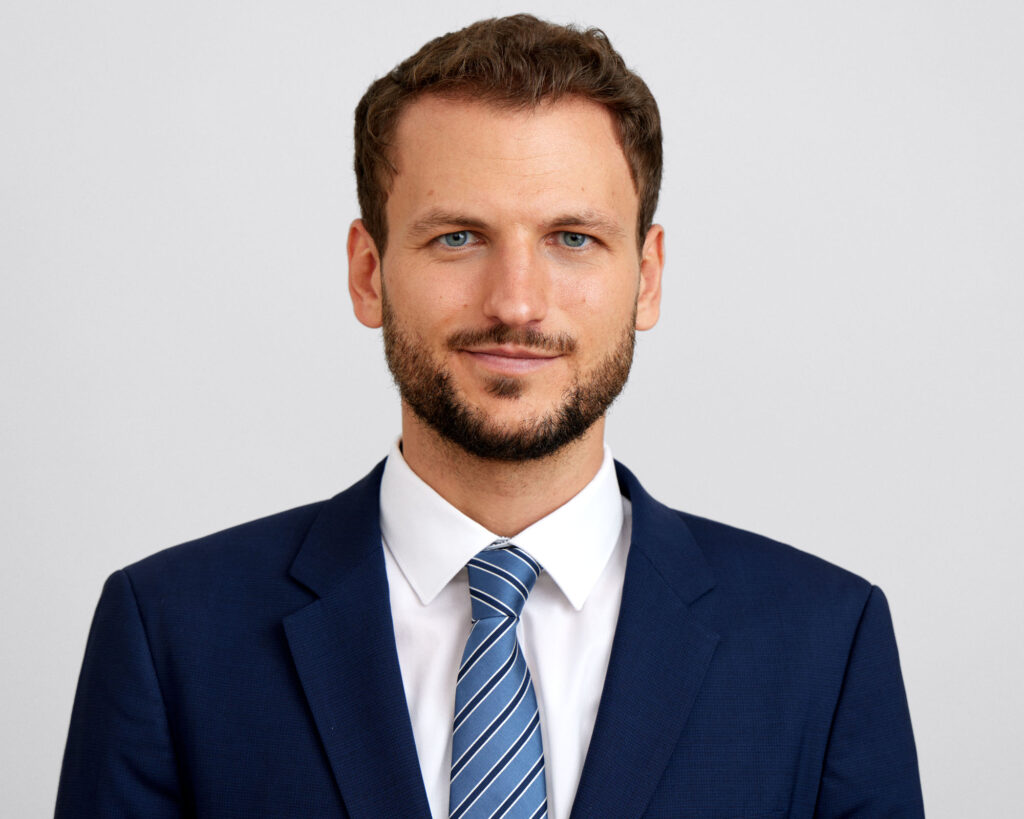Discreet help from a lawyer with criminal charges
Criminal law is the sharpest weapon of the law. Even a mere suspicion can trigger extensive investigative measures that encroach deeply on your fundamental rights. The impending penalties can threaten your existence and cause massive damage to your good reputation. It is therefore essential to consult an experienced criminal law attorney at an early stage in the event of such allegations in order to protect your rights and make the best possible use of your defense options.
You should therefore seek advice from a lawyer specializing in criminal law before complying with a summons for questioning by the police or answering as an accused or defendant in court criminal proceedings.
Specialized law firm for criminal law in VIenna
Our law firm offers comprehensive representation in criminal law. We have extensive expertise in various areas of criminal law, including
- Commercial criminal law
- Corporate criminal law
- Medical criminal law
- Criminal law on corruption
- IT criminal law / Cybercrime
- Environmental criminal law
- International criminal law
Due to our specialization and litigation experience, we can look back on a large number of successful defenses in complex and particularly challenging cases.
Dr. Schönborn and his team take on cases involving the following criminal charges, among others:
- Misuse of official authority (Section 302 StGB) and violation of official secrecy (Sec 310 StGB)
- Fraud (§ 146 StGB) and all fraud-like offenses
- Fraudulent crida (Sec 156 StGB) and grossly negligent impairment of creditor interests (Section 159 StGB)
- Negligent bodily harm (Sec 88 StGB) and (grossly) negligent homicide (Sec 80 StGB, Sec 81 StGB)
- False evidence (Section 288 StGB) and defamation (Section 297 StGB)
- Counterfeiting evidence (§ 293 StGB)
- Money laundering (Section 165 StGB) and receiving stolen goods (Section 164 StGB)
- Corruption offenses (§ 304 StGB to § 309 StGB)
- Embezzlement (Section 153 StGB) and misappropriation (Section 133 StGB)
- Forgery of documents (Section 223 StGB) and data forgery (Section 225a StGB)
- other selected offenses under the Criminal Code and secondary criminal law.
Personal and competent advice from your lawyer for criminal law in Vienna
Every case is unique – which is why we develop tailor-made defense strategies. Our criminal law firm offers comprehensive support in all phases of criminal proceedings. From the initial consultation and representation in the preliminary proceedings to the defense in the main hearing and representation in appeal proceedings, we are at your side with our criminal law expertise. In all aspects of our work, we attach particular importance to providing our clients with personal legal advice. We “translate” legalese into understandable language. By clearly communicating our criminal law assessments, we create security and trust. This understanding of our clients forms the basis for our strategic legal considerations and cooperation with foresight – and on an equal footing.
Support for victims of criminal acts
In addition to criminal defense, we also support victims of criminal offenses in enforcing their claims in the course of private participation. As an experienced criminal lawyer in Vienna, Dr. Elias Schönborn is also available to victims and witnesses as a trusted legal advisor and proactively advises and represents them at every stage of the proceedings.
Many years of specialization in criminal law
Dr. Schönborn has extensive experience in criminal law and can look back on a large number of successful defense cases. He is also the author of numerous criminal law publications and regularly gives lectures on the subject of criminal law. He is a member of various criminal law organizations, including
- Association of Austrian Criminal Defense Lawyers (VÖStV)
- Austrian White Collar Crime Association (AWCCA)
- European Criminal Bar Association (ECBA)
- Association for Economic Crime (WisteV)
We are well networked, have extensive expertise and are at your side in every phase of criminal proceedings. Get in touch with us now.


